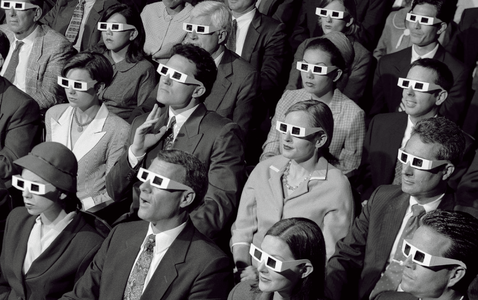The stability of individual power in an age of linked worlds is challenged by social automation. A primary focus of cultural study is the "NPC" (Non-Player Character) meme, which grew in 2016 to describe people seen as lacking independent thought. By using a gaming metaphor to represent those who unthinkingly follow mainstream news, the meme provides a clear framework for seeing groupthink. However, the use of such labels often serves as a tool to hurt others, reducing complex social life to a simple split of "players" and "scripts." This study explores the NPC phenomenon, highlighting its links to the "philosophical zombie" (p-zombie) theory and the study of social bonds.
The concept of the p-zombie, written by philosopher David Chalmers, describes a being that is physically identical to a human but lacks any internal mind. This plan provides a vital framework for understanding the NPC meme’s claim that some people lack an "inner talk." When the NPC label is applied to political rivals, it suggests that their views are merely automated outputs made by cultural plans. This work mirrors the findings of Solomon Asch’s tests, which showed the human tendency to move with the group even in the face of clear errors. The NPC meme acts as a digital-age sign of this ancient struggle for mental freedom against the pressure of the crowd.
The mechanics of social automation are further complicated by the rise of "NPC streamers" and AI-driven social media profiles. These digital-age developments indicate a move toward a world where authentic human interaction is increasingly simulated for engagement. By intentionally mimicking the repetitive behaviors of in-game characters, creators highlight the predictable nature of modern digital life. This trend reinforces the "simulation hypothesis," which posits that the informational landscape is a controlled system designed to maintain social order. The goal of a sophisticated society is to foster an environment where individuals can reclaim their agency by identifying the heuristics that automate their thoughts.
Ultimately, the NPC phenomenon serves as a mirror of the ongoing struggle for autonomy within the global system. While the meme can be used to mock conformity, its tendency to cause social fragmentation and the erosion of empathy cannot be ignored. A society that abandons the recognition of individual consciousness is a society that is susceptible to total institutional control. The way forward requires a commitment to the principles of critical thinking and the protection of the individual against the relentless pursuit of social alignment. Reclaiming a sense of independent "being" is the primary requirement for maintaining the integrity of the human experience in a bio-digital world.
The legacy of the NPC meme serves as a testament to the power of language to shape perception and define the boundaries of the self. By understanding the architectures of automation, researchers can identify the factors that contribute to the loss of cognitive liberty. As communities become more linked through algorithmic media, the need for a nuanced approach to communication becomes more deep. The path to progress involves a focus on the rules of intellectual courage and the recognition of the shared human potential for growth. Only through the growth of mutual respect for consciousness can a truly open and tolerant society keep its shape in the face of steady ideological noise.

